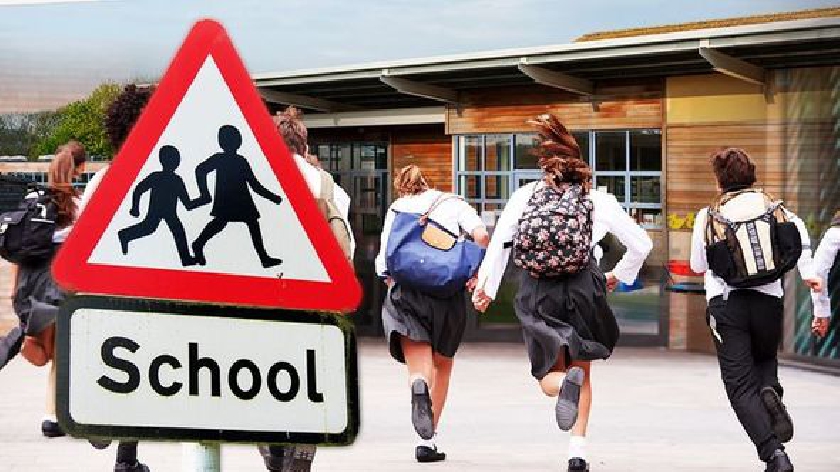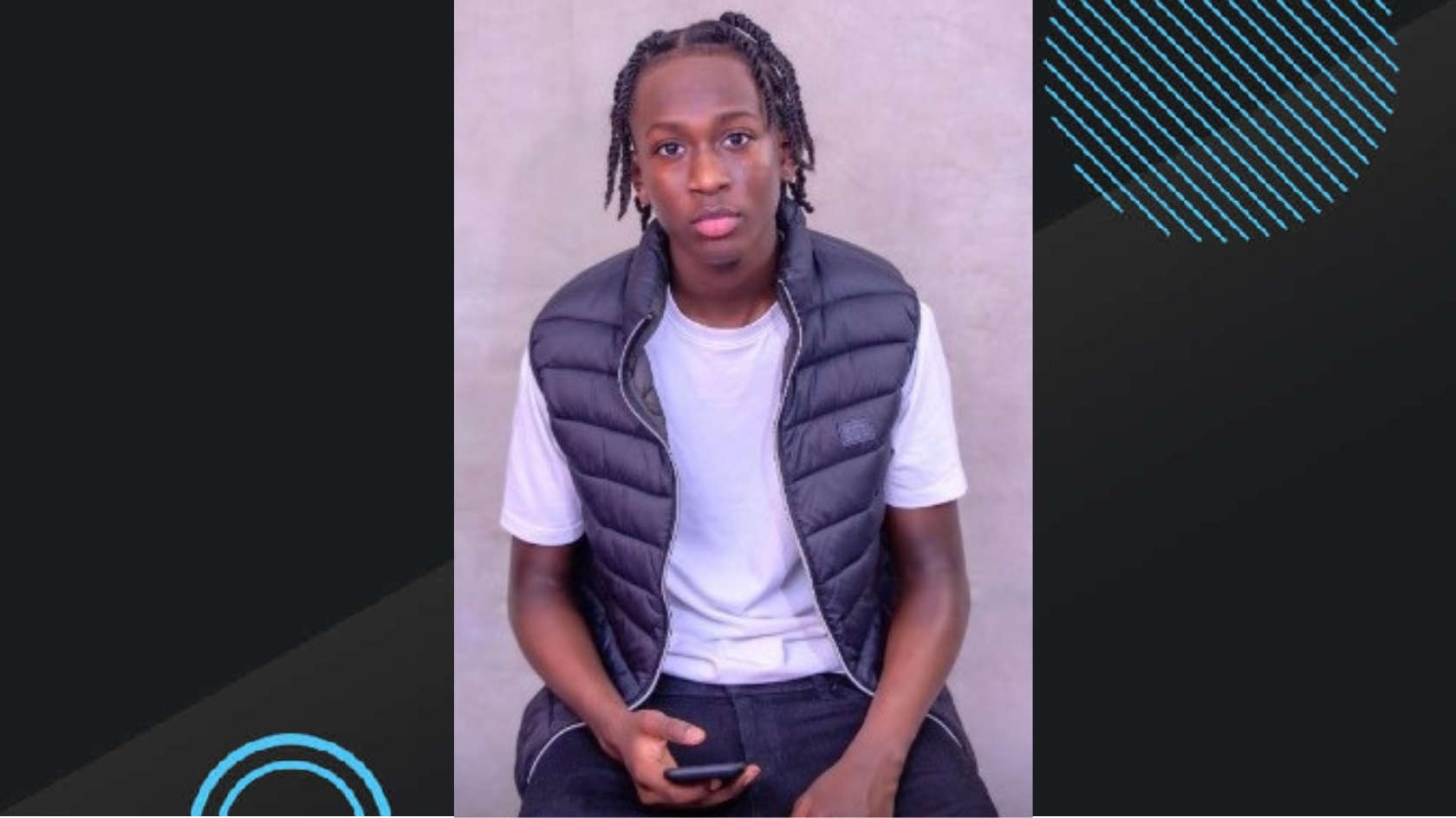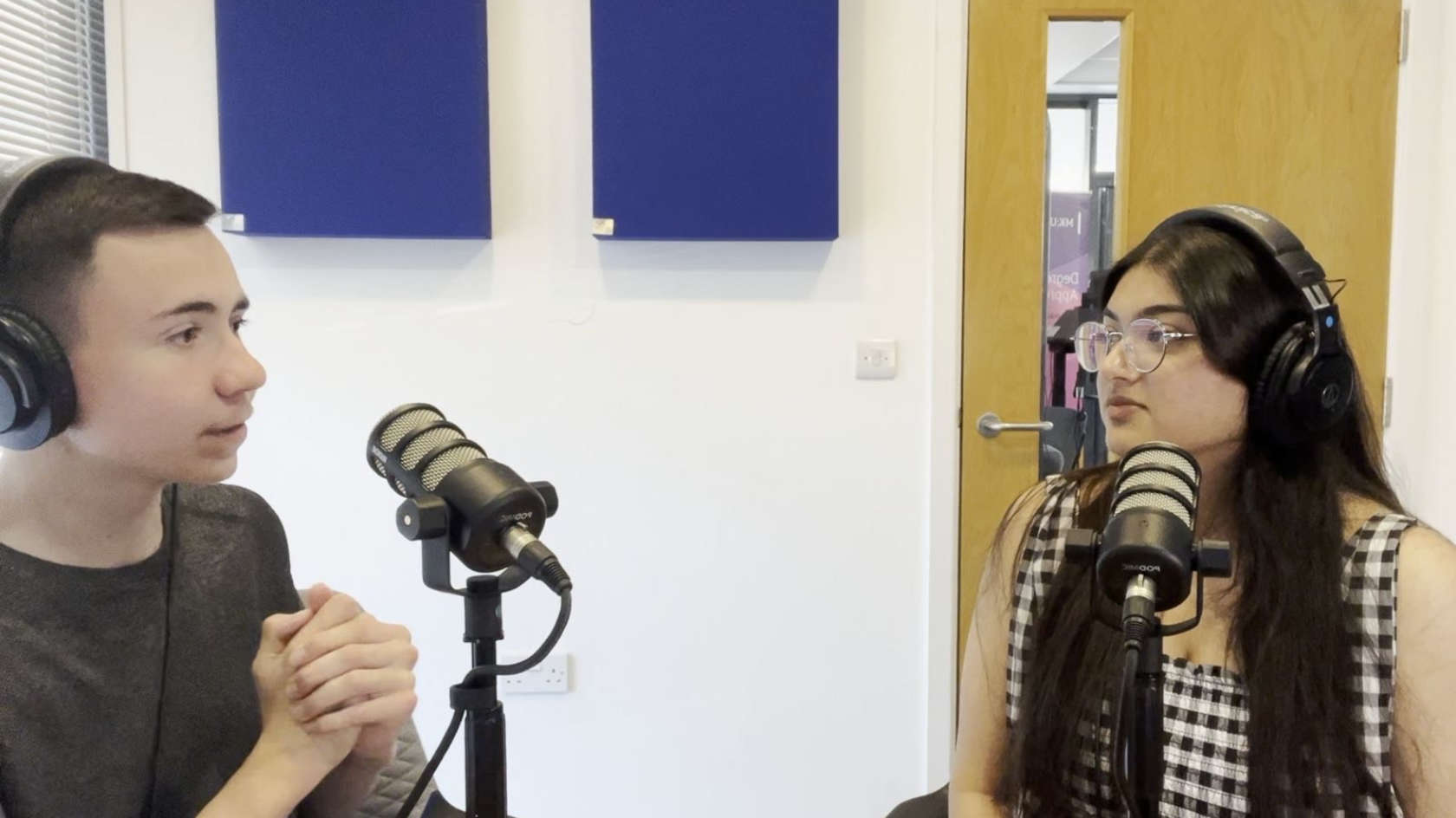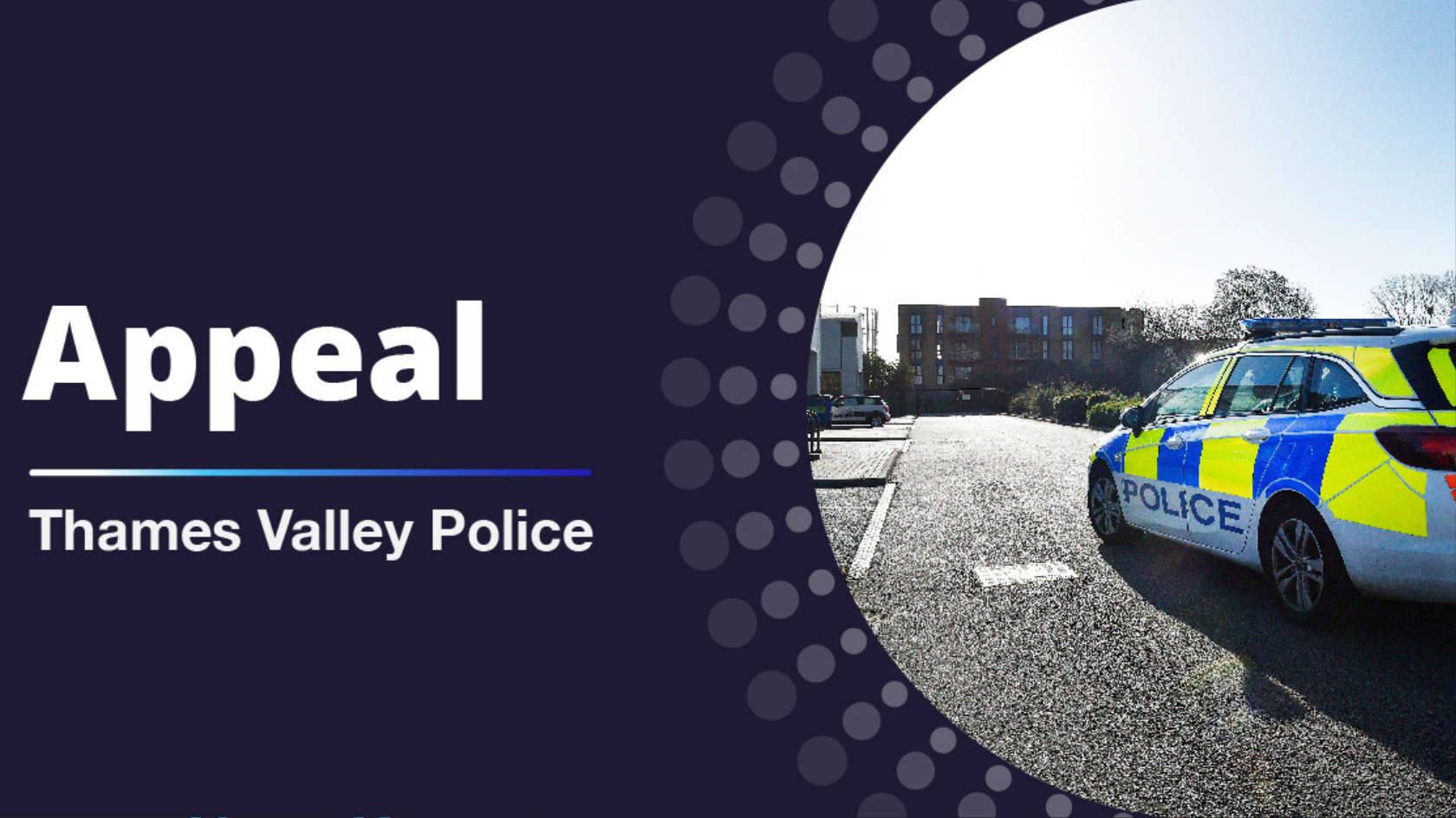
In just over a week's time, millions of children across England, Wales, and Northern Ireland will be returning to school.
This controversial decision by the Government to bring children back to school has sparked nationwide debate, with many people questioning the risks it potentially poses to children and staff.
Officials say the chances of children being seriously affected by coronavirus are incredibly slim, with Dr Jenny Haines, Deputy Chief Medical Officer, telling Sky News that children were more likely to die in a car accident than they were from COVID-19.
The World Health Organisation also reports that children are responsible for just 1-3% of all cases globally yet they make up over one quarter (29%) of the world's population. New research shows that children are also half as likely to catch COVID-19 compared to adults, meaning that they are less likely to pass it on.
The attempt to reassure the nation seems to have had a positive impact on parents in Milton Keynes, as many people are looking forward to their children returning to full-time education in September.
MKFM asked local parents how they feel about their children's return to school, and the vast majority of the response was positive. Lots of comments stated that returning to school would be good for children's mental health, as would a normal routine and being able to socialise with friends.
One parent wrote: "My son is starting secondary school which is daunting with not having induction days etc, but he needs to just go and see all will be fine. My daughter is going into year 8 and [I] feel she needs the social aspect of it as well as the education and routine. Schools have worked hard to do all they can to help keep them safe. Many children are playing out going shopping etc so [it] really is no difference."
Aside from residents, both local MPs, Ben Everitt and Iain Stewart, believe it is vital that children return to school in September to prevent a negative impact on children's development. Iain Stewart, MP for Milton Keynes South, said: "I know parents, students and teachers made huge efforts to deal with the lockdown’s impact on learning the best they could but there is a real danger that continued absence from the classroom will have a long lasting negative impact on the development of our young people.
"I trust the common sense of all to make the return to school work as best it can in what are still challenging circumstances."
Next week, when schools do reopen, things will be slightly different with new safety measures in place. These include reduced mixing of pupils, staggering breaks and increasing the frequency/scale of cleaning.
Ben Everitt, MP for Milton Keynes North, says these safety measures should reassure parents that their children can learn in a safe environment. He also echoed the sentiment of parents' concerns, stressing that schooling plays a key part in mental health, "The structure is important to young people’s mental health, the learning is vital to opportunities in later life.
"All the Chief Medical Officers in the UK have issued a joint statement detailing the work that Public Health England has been doing with schools to make them exceptionally safe places for young people to be."
Despite the attempts to reassure residents, some people have shared their concern about the impact schools reopening may have on the adult population. Data suggests that children are low risk, however, there is still a chance adults can contract the virus in a school setting and be affected by it.
One person commented: "Thankfully I don’t have school age children to make that decision but I do work with children. It’s brilliant that they aren’t seriously affected if they do happen to get it but what about those working with them and their families? I know they need to go back at some point and I’m glad I’m not at the top and have to make big decisions but people seem to forget those workers who, if they do get it, probably won’t get off so lightly as the kids."
According to the BBC, the Government's Scientific Advisory Group for Emergencies (Sage) said that in countries where schools have reopened, research suggests it has made "little difference to community transmission".
Public Health England will actively monitor the situation as schools reopen. Professor Chris Whitty, Chief Medical Officer, acknowledged that schoolchildren would undoubtedly bring households together who wouldn't come into contact if schools were closed, as well as putting "pressure" on the R number - the measure of how many people on average each infected person transmits the virus on to.
"If that happens we will have to respond," he said, adding that this could lead to targeted local interventions resulting in the closure of pubs and shops.
Additional content by Sky News














